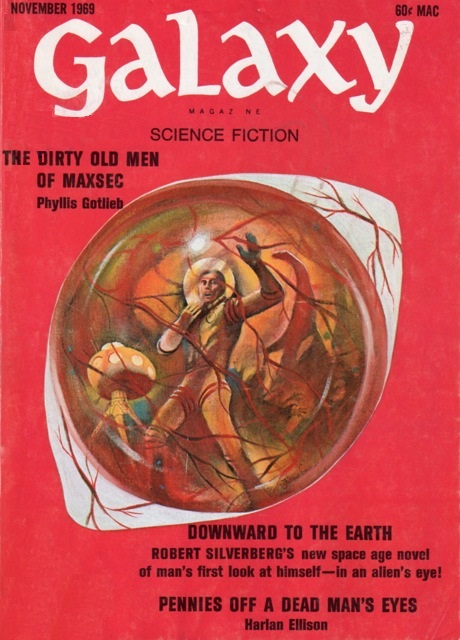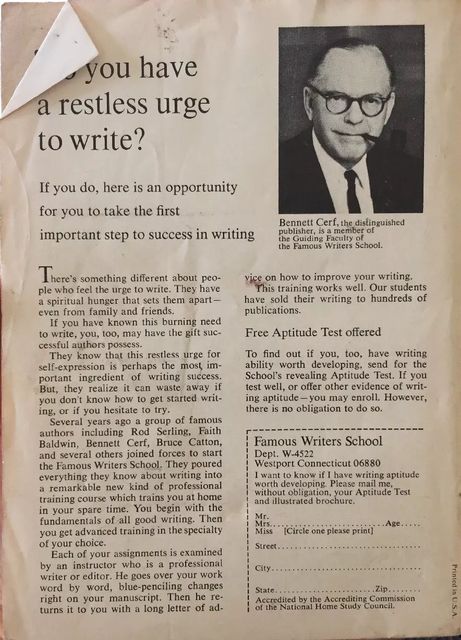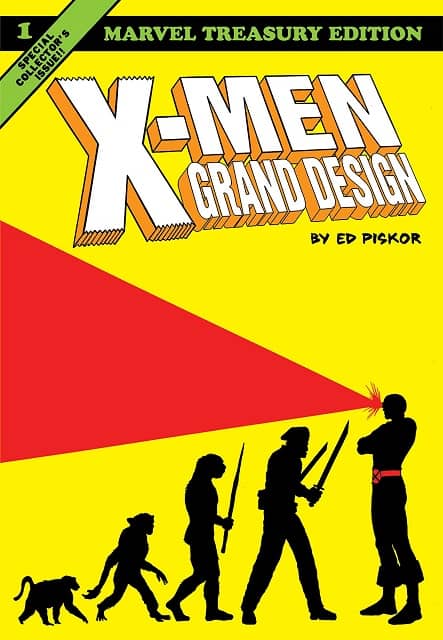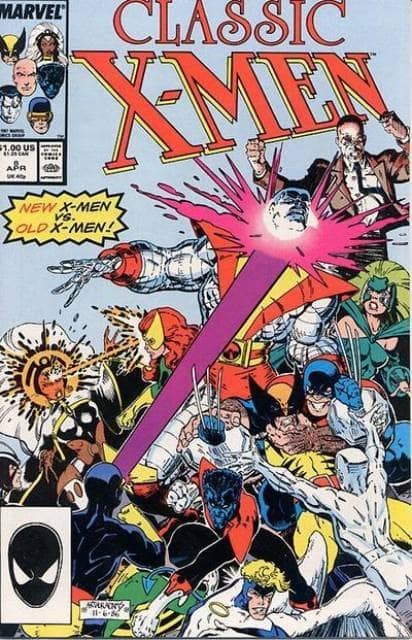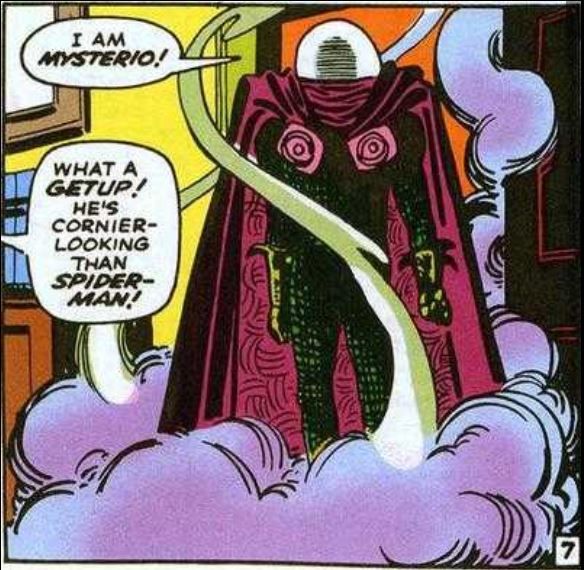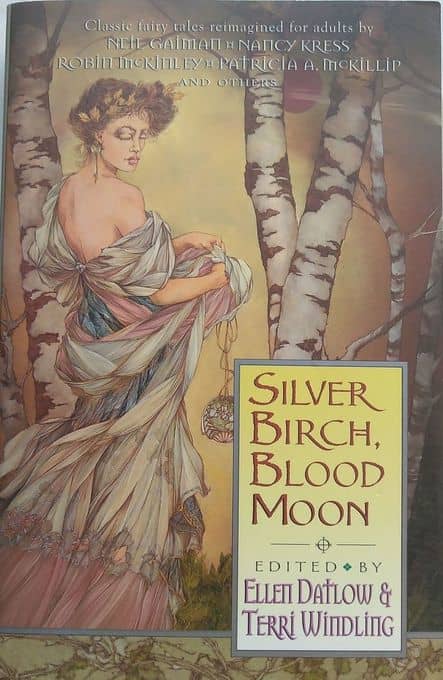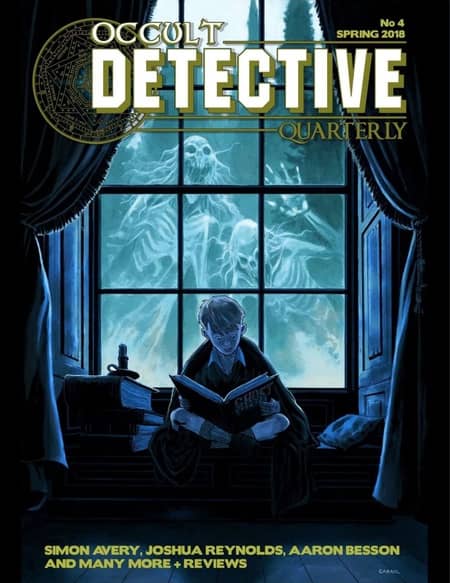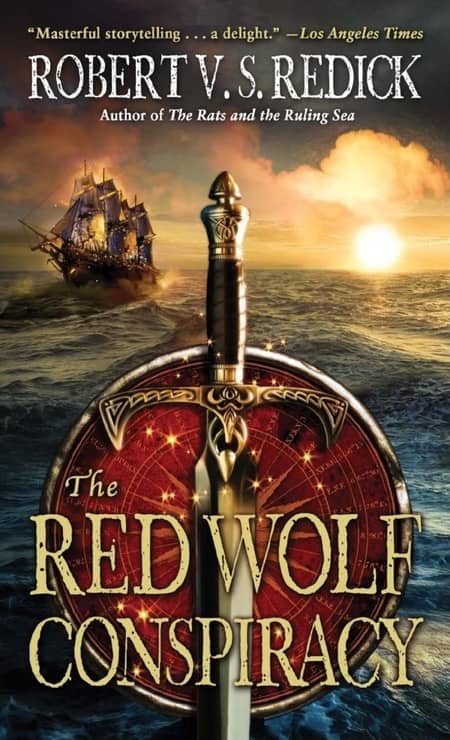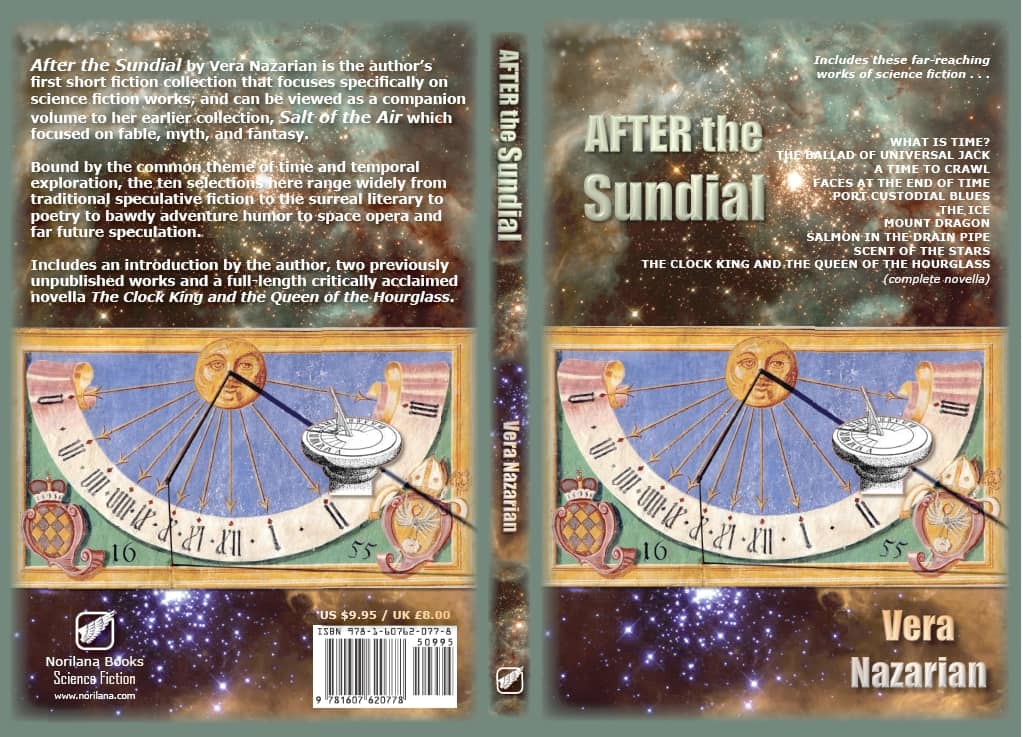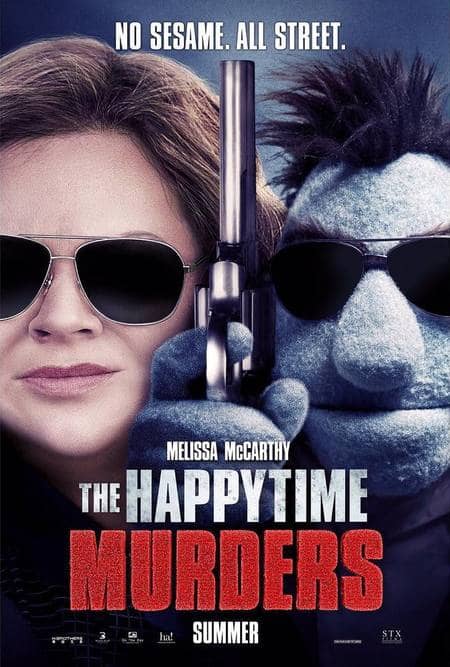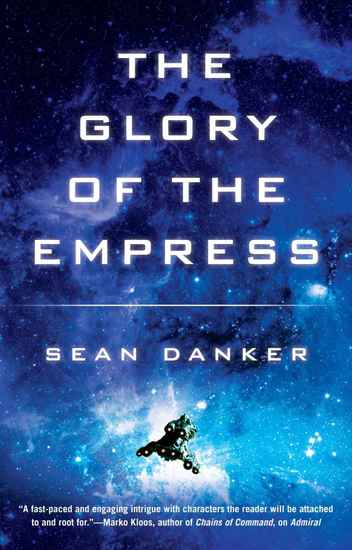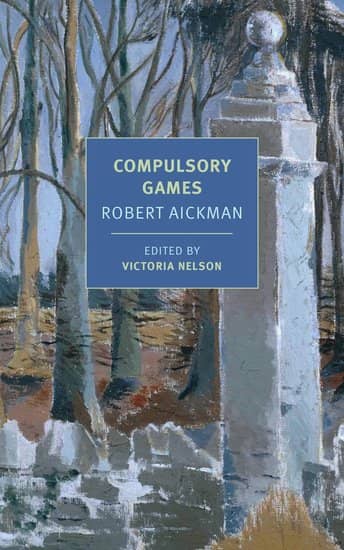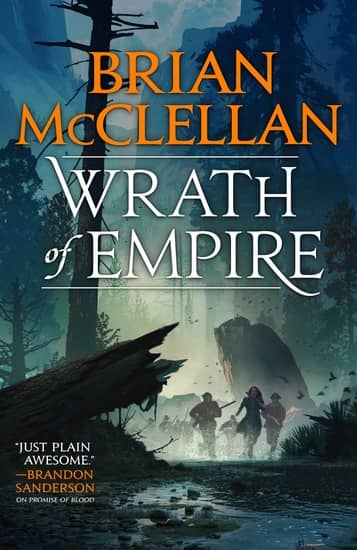Future Treasures: The Year’s Best Military and Adventure SF, Volume 4 edited by David Afsharirad
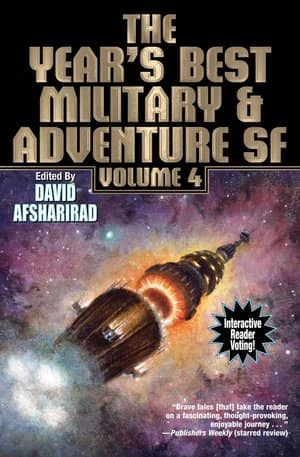 One of the things I’ve appreciated about David Afsharirad’s Best Military and Adventure SF, now in its fourth year, is that he seeks out the kind of fiction that routinely gets overlooked by the editors of the other Year’s Best SF books. The newest volume, coming in trade paperback next week from Baen, is no exception. Check out the table of contents.
One of the things I’ve appreciated about David Afsharirad’s Best Military and Adventure SF, now in its fourth year, is that he seeks out the kind of fiction that routinely gets overlooked by the editors of the other Year’s Best SF books. The newest volume, coming in trade paperback next week from Baen, is no exception. Check out the table of contents.
Contest
Preface by David Afsharirad
“The Secret Life Of Bots,” by Suzanne Palmer (Clarkesworld, September 2017)
“The Snatchers,” by Edward Mcdermott (Analog Science Fiction and Fact, March/April 2017)
“Imperium Imposter,” by Jody Lynn Nye (Infinite Stars, 2017)
“A Thousand Deaths Through Flesh And Stone,” by Brian Trent (The Magazine of Fantasy & Science Fiction, May/June 2017)
“Hope Springs,” by Lindsay Buroker (Beyond the Stars: New Worlds, New Suns, 2017)
“Orphans Of Aries,” by Brad R. Torgersen (Rocket’s Red Glare, 2017)
“By The Red Giant’s Light,” by Larry Niven (The Magazine of Fantasy & Science Fiction, November/December 2017)
“Family Over Blood,” by Kacey Ezell (Forged in Blood, 2017)
“A Man They Didn’t Know,” by David Hardy (Rocket’s Red Glare, 2017)
“Swarm By Sean,” by Patrick Hazlett (Terraform, December 2017)
“A Hamal In Hollywood,” by Martin L. Shoemaker (Rocket’s Red Glare, 2017)
“Lovers,” by Tony Daniel (Forged in Blood, 2017)
“The Ghost Ship Anastasia,” by Rich Larson (Clarkesworld, January 2017)
“You Can Always Change The Past,” by George Nikolopoulos (Galaxy’s Edge, March 2017)
“Our Sacred Honor,” by David Weber (Infinite Stars, 2017)
Contributors
To see what I mean, you can compare Afsharirad’s selections versus other Year’s Best volumes coming out this year. Here’s a list with Tables of Contents for the other major 2018 volumes from Rich Horton, Gardner Dozois, Jonathan Strahan, Neil Clarke, John Joseph Adams, Paula Guran, Jane Yolen, and Michael Kelly.
